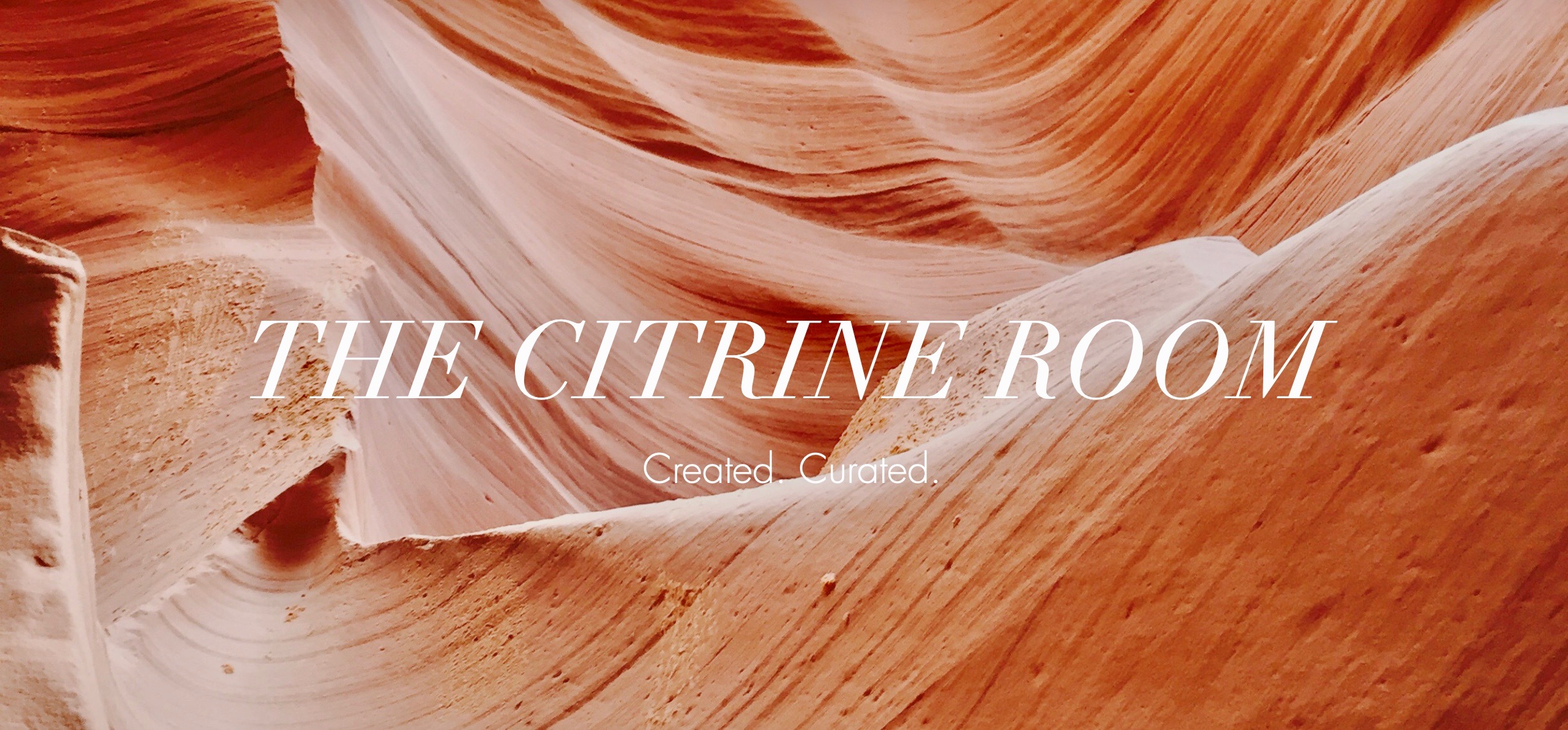The Next Frontier Isn't AI: It's Being Human
- MR

- Oct 4, 2025
- 6 min read
Dear Friends,
I was on a call the other day with a new client. They had sent me a list of what they wanted from coaching: tools to be an effective leader, strategies to show up with confidence and clarity at work, and effective ways to channel their ambitions. Their biggest worries were job security, stalled promotions, and a sense of stagnation.
On paper, they had all the characteristics of someone who achieved and wasn’t afraid of going after what they wanted. They were driven, determined, had high standards, they were a people person. Ultimately, they wanted a life they could be proud of.
After listening and encouraging this person to share more, I asked one simple question: “We know you’re goal-oriented. You’ve achieved a lot. You’re determined when you set your mind to something. So what’s stopping you? What’s really going on up here?” (I pointed to their head)
They paused. No one had ever asked them that before. Then they said, “I’m always thinking about ‘what’s the next thing?’ I’m not listening to the questions that keep surfacing.”
What began as a session where the client wanted to learn strategies for leadership and career advancement ultimately ended up being a session where the client wanted to have the space to really talk about the questions that were swirling around their head and heart about the direction their life was taking.
Another client came to me searching for clarity in her career and life. After a couple of sessions, it became abundantly clear that what she needed wasn’t more clarity—she knew what she wanted to do professionally and personally—what she needed was courage.
Right now, the conversations that the professional world is having involve the impact that AI will have on our future. Yet, the real conversations that I’m having daily with my clients may begin with them searching for quick and easy tools and strategies to manage their careers and their personal lives (which are important, of course—more on that later), but then the nature of the session quickly become existential with questions that reflect a yearning, need, hunger for something deeper, more real, more honest, more human. They’re not wrong, nor are they on the wrong track. As Suzy Welch, professor of management studies at NYU Stern School of Business, says, "You've got to get existential before you get tactical.” This tells me that the more technology drives our lives, the more questions we have about how we're living.
If you’re saying to yourself, “That’s all well and good, but I don’t have time to get existential. Real life is calling. I have bills to pay, kids to raise. A job to save. I barely have time to think about anything else!” That’s exactly the point. You may not have time, but that tug of discontent or fear or insecurity will be there nonetheless. The questions you keep pushing aside are the ones shaping the life you’re living, whether you give them space or not, whether you realise it or not. Ignoring them doesn’t make them go away. We will numb those feelings with anything--shopping for things we don't need, scrolling the time away, and other forms of distractions. Maybe the real question is, 'What is it costing you by ignoring them?' Giving them attention, even in small doses, can change everything.
One client, who first came to me seeking direction in her professional life, shared a story about a friend whose mask slipped for just a moment, revealing how much this friend was struggling. I asked my client if she ever lowered her own mask with that friend. She said no. Then I asked if there was anyone in her life with whom she could be completely real. Again, she said no. It would come as no surprise, then, when she said one of her biggest fears (and what kept her from advancing) at work was being visible, even though visibility was what mattered in her line of work. It made me wonder—how many of us are surrounded by people we can laugh with, vent to, even share gossip with, but not truly open up about the fears and insecurities that sit beneath the surface?
What these stories show me is that no matter how accomplished or “together” we may appear, no matter how much we tell ourselves we’re searching for more clarity, no matter what ambitions we have for that next promotion, so many of us are carrying questions we haven’t given ourselves permission to ask. As a result, we haven’t felt courageous enough to act on the real-life goals we have. We live in a world where sharing our struggles online has become almost performative—our pains turned into content, our vulnerability filtered, curated, and watched. But those moments rarely let us be fully seen, or truly heard.
The real work, the shifts that change everything, happens in the quieter, deeper spaces: when we allow ourselves to be honest, when we lower the mask even a little, and when we give attention to the questions that have been lingering beneath the surface. It doesn’t need to take hours or a full life reset; sometimes it starts with a single conversation or a moment of reflection.
Being an adult can feel lonely. Really lonely. The more we achieve, the higher we ascend in the corporate world, the more we feel we have to lose if we show those parts of ourselves as insecure, or questioning where we are in our lives—the things that might be construed as weakness. We keep our honesty to ourselves, behind carefully constructed scaffolding that wraps around our bodies. We fear that if we remove one part of that scaffolding to reveal what's inside, the whole structure will fall to the ground. Here's what I know to be true: I have been removing that scaffolding for a while now. It takes time as it's one I have built for much of my life. And I'm still here.
I listened to a great interview with Dr Marc Brackett, founding director of the Yale Centre for Emotional Intelligence. He said, “We’re judged constantly. The people who create the conditions for us to be our true selves...they’re the ones who don’t judge. They're the ones who show compassion and empathy, and who listen. That’s what people are looking for. You don’t have to be the expert. Nobody wants to be around that. They’re looking for presence.”
This is my life’s work—building that space for people to feel safe to talk—really talk—without any fear of judgement and always knowing their experiences are seen, heard, and honoured. Because when we can take what is weighing us down out of our insides, when we stop focusing on keeping the mask firmly on, we stop firefighting. We start to feel lighter, and we create the room to focus on building the dreams that matter most. We can focus on being the best, most honest version of ourselves. Only then do the tools acquired from coaching really stick. Only then do we show up as the leaders, the writers, the creators, the partners, and the person we most want ourselves to be.
The data AI learns from isn’t just numbers. It’s us—our behaviour, our words, our everyday choices. As already shown in social media algorithms, your life becomes part of that dataset. That makes you, not the engineers alone, a character in how this story unfolds.
This isn’t about the advancement of technology—that is happening whether we like it or not. This is about understanding on a fundamental level what it means to be human and how that will help us not just survive but thrive in a world that will be heavily dependent on AI. For us to do that, we must first understand ourselves.
So while it strikes me that while the headlines are full of AI and what it means for our future, the real frontier isn’t technological—it’s human. The way we choose to face our questions, lower our masks, and show up with courage shapes not just our lives but the world we’re creating. If AI will reflect us, then who we decide to be today matters more than ever. Because it will either reflect a world of empathy, compassion, equity, and abundance or it will show us a world filled with division, inequality, fear, and scarcity.
I will leave you with this question: What do you really want in your life, but you’re afraid to admit out loud? You’re so welcome to share that with me. I’m the only one who reads my messages, so your thoughts are safe with me.
As always, I invite you to think of this as a welcoming community where you feel valued and understood.
Until next time, I’m sending you all big hugs.
Monita xo






Comments